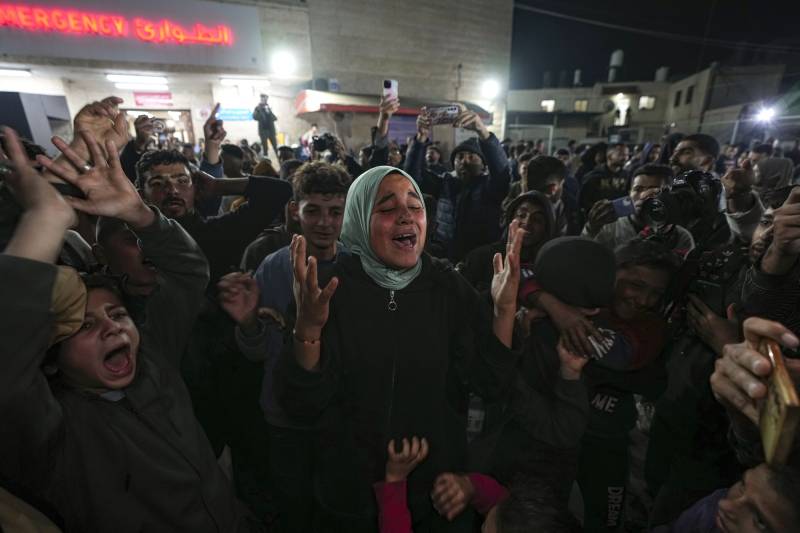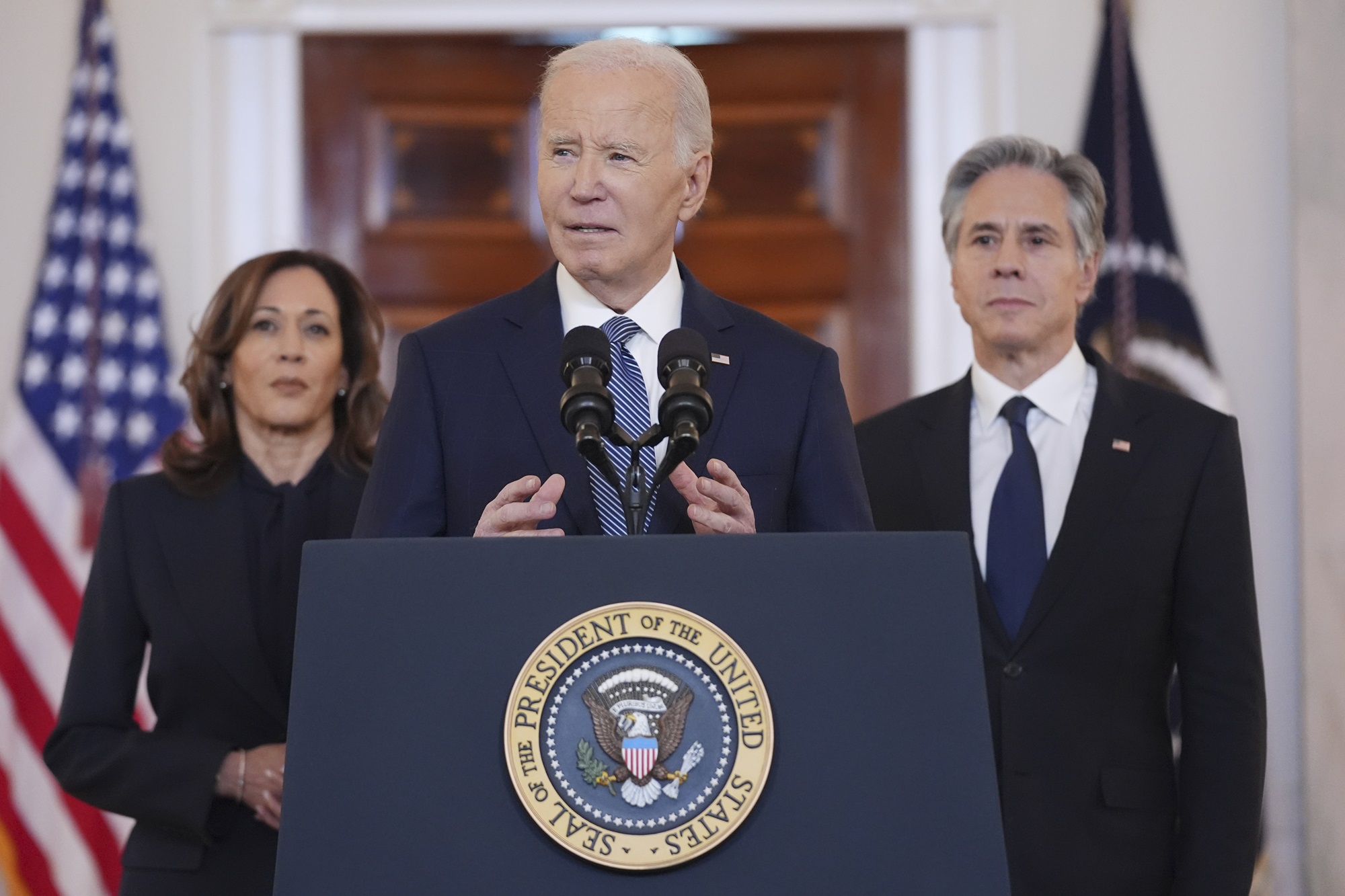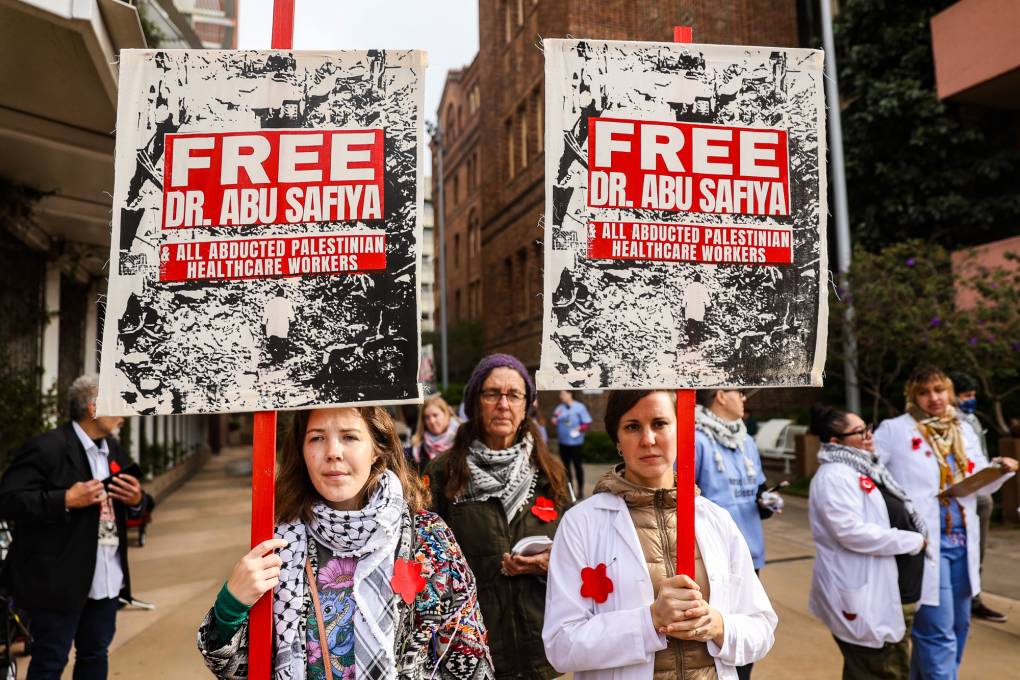“We know that the U.S. always has the power to stop the war, especially as it’s the number one supplier of the weapons that are being used in Gaza,” Ali said. “We’ve been demanding a ceasefire from the very get because it’s the primary thing needed to stop the constant death of our people in Palestine. But the bar is below the ground, so to speak.”
Biden said that the deal, which comes after weeks of indirect negotiations, is based on the three-phase deal he announced in May to permanently end the war.
During the first phase, there would be a “full and complete ceasefire,” during which Israeli forces would withdraw from populated areas in Gaza, and “a number” of Israeli hostages would be released in exchange for hundreds of Palestinian detainees.
The ceasefire would continue throughout negotiations of the second phase when male soldiers being held hostage would be released, and remaining Israeli forces would withdraw. Biden said the ceasefire would then become permanent.
The third phase would see the release of the remains of dead hostages, and the rebuilding of Gaza would begin.
The Arab Resource and Organizing Center said in a statement that while it welcomes the ceasefire agreement, it will continue to advocate for “long-term solutions to address the humanitarian crisis and to hold those responsible accountable.”
Their demands include a permanent ceasefire and end to the blockade on Gaza, accountability for Israeli war crimes and the removal of Israeli forces in Lebanon and Syria.
AROC is also calling for an end to U.S. military and financial support to Israel.
“This ceasefire is not the end — it is a call to intensify efforts for an arms embargo on apartheid Israel, for boycott, divest and sanctions, and for lasting peace and freedom,” Lara Kiswani, the executive director of AROC, said in a statement.
KQED’s Juan Carlos Lara and Azul Dahlstrom-Eckman contributed to this report.



